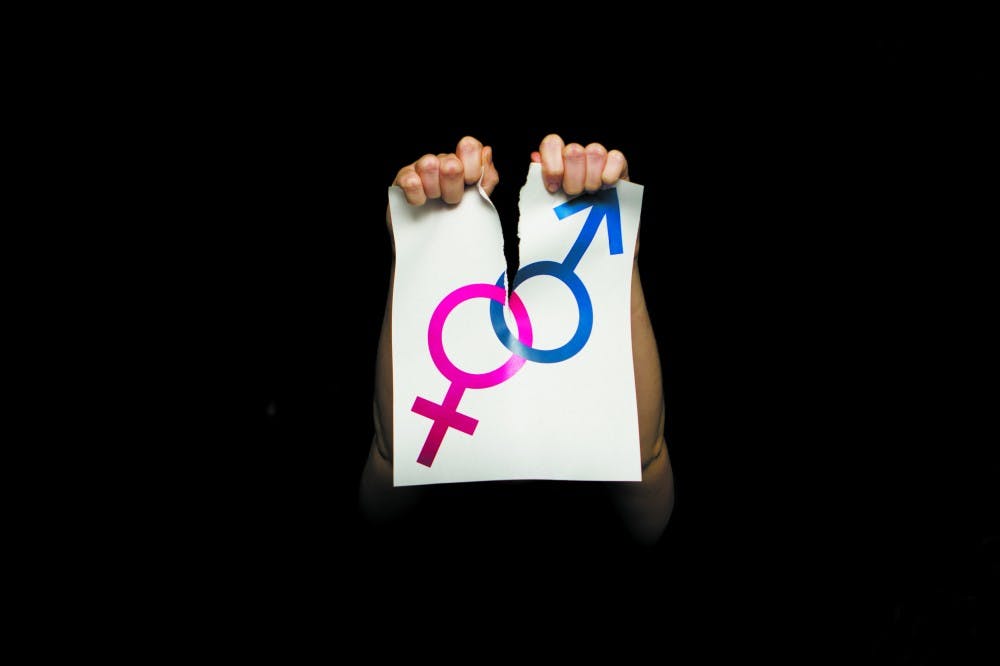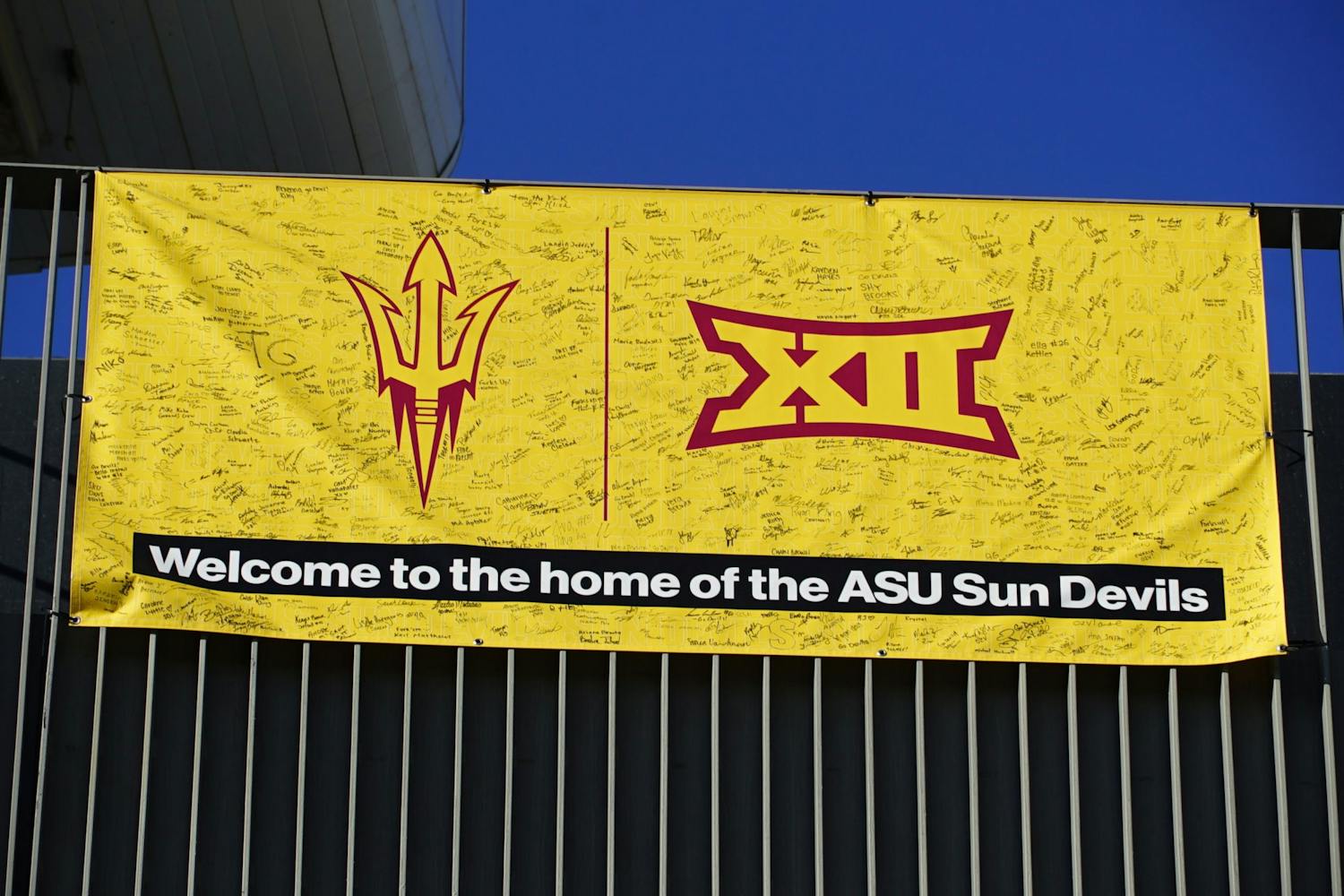Year-round, ASU applicants encounter the same question: Are you male or female? For many, the answer is a matter of selecting one over the other.
However, for non-binary individuals, specifying gender identity on applications causes personal discomfort. Without appropriate options, the needs of non-binary students are overlooked, said Vern Harner, a social work graduate and gender-fluid student who prefers the pronoun "they."
“If you don’t collect that data on what people are attending, then you don’t really know what needs they have,” they said. “It’s more difficult to protect the students or to provide them with housing, dress room options and things of that nature.”
Harner said students who must choose between male and female may face discrimination later in their education.
“Even beyond having more than the binary options on applications, I feel like there is just a lack of understanding as a whole at the University,” Harner said. “The application is just the first signal that the University is lacking in that respect.”
However, gender identity on applications is more complicated than just adding a new option, said philosophy and creative writing freshman Brenna Ram, who also prefers the pronoun "they."
“There are as many different genders as there are individuals and it would be impossible to list every single gender experience,” they said. “People make up their own words to describe their own genders.”
Ram personally coins their identity as “gender-flux.”
“My experience of gender fluctuates between a really strong experience of gender on some days and an almost completely agender experience on other days,” they said.
Because words like gender-flux are not the norm within the non-binary community, Ram said providing the most encompassing word choice is impossible.
“Any word choice would be exclusionary,” they said. “If you have male, female and transgender, it would be exclusionary for non-binary people who don’t use the word transgender to describe themselves or people who don’t use the word non-binary to describe themselves.”
Ram said they believe a universal write-in-your-gender section is the University’s best option.
“If it were just ‘write in your gender,’ it would be a lot more open because people who need to could say, ‘This is the word I use to describe my gender,’ and the 4-in-6 people can (say) ‘I’m a guy,’” they said.
 Monica Jones, an activist and senior studying social work at ASU, poses on Downtown Campus. (Photo by Carly Traxler)
Monica Jones, an activist and senior studying social work at ASU, poses on Downtown Campus. (Photo by Carly Traxler)
Social work senior Monica Jones, an activist in the trans* community, said specifying gender up front would help others properly identify her as a trans woman. Trans* is a blanket term encompassing all non-cisgender identities, such as transgender and transsexual.
“When someone realizes as a child or as (an adult) that ‘Oh, I’m not this gender you thought I was, I’m this,’ it gives the person that freedom and option … to say ‘Hey, this process you guys have set up right now does not give us that freedom,’” she said.
Jones said she believes properly identifying students during the application process would help students feel protected later.
“If (your gender is) on your application or transcript, it allows for (you) to not have to go through that awkward moment of ‘Well, no, this is the pronoun I’d like to use’ or mispronoun-ing someone without that protection,” she said.
Potential changes for ASU’s gender specification are unknown. Emails to several administrative officials were not returned at press time.
Reach the reporter at aplante@asu.edu or follow @aimeenplante on Twitter.
Like The State Press on Facebook and follow @statepress on Twitter.





